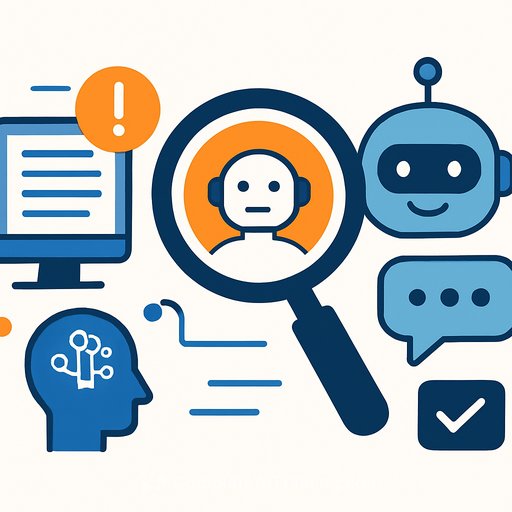Managers Risk Losing Trust by Overusing AI for Employee Communication
New research from the University of Florida and the University of Southern California highlights a clear boundary for AI use in managerial communication. While AI-assisted writing tools effectively handle grammar and editing, over-reliance on them—especially for messages that require a personal touch—can erode employee trust.
When AI Works—and When It Doesn’t
The study surveyed over 1,100 full-time U.S. professionals and found that more than 80% trust supervisors who use AI tools for low-assistance tasks like routine updates or meeting reminders. However, that trust drops significantly—to between 40% and 52%—when managers depend heavily on AI for messages involving praise, motivation, or personal feedback.
Employees expect relationship-oriented messages to feel sincere and empathetic. Using AI to draft these messages without meaningful human input risks coming off as insincere or disingenuous.
Why Human Touch Matters in Feedback and Praise
AI tools are great for cleaning up grammar and polishing style. This is essential because writing errors can undermine a manager’s credibility and reduce perceived competence. But when it comes to delivering praise or providing personal feedback, employees want authenticity.
One mid-career professional summed it up: “When you are praising the team and then asking them to do even more, the fact that you couldn’t be bothered to write the praise yourself looks bad. It makes everything feel disingenuous.”
Managing High-Stakes Communications
This insight is especially relevant for managers who must communicate decisions affecting employment status, such as raises, promotions, or layoffs. While many managers trust AI to aid in these decisions, it’s crucial to maintain a human-centered approach in how these messages are delivered.
Clear communication and transparency about how AI is used in decision-making can help maintain trust. Organizations should ensure AI tools support, rather than replace, genuine human interaction.
Practical Takeaways for Managers and Writers
- Use AI tools to polish and proofread. Let AI handle grammar and formatting to maintain professionalism.
- Write relationship-oriented messages yourself. Personal feedback, praise, and motivational communication should come directly from you.
- Be transparent about AI’s role. If AI tools assist in decision-making, communicate clearly to your team how and why.
- Balance efficiency with empathy. Use AI to save time on routine tasks but invest personal effort when it counts most.
For managers and writers looking to improve their AI-assisted communication skills while preserving authenticity, exploring targeted AI training can be valuable. Check out Complete AI Training for courses that help balance technology with effective human communication.
Your membership also unlocks:









